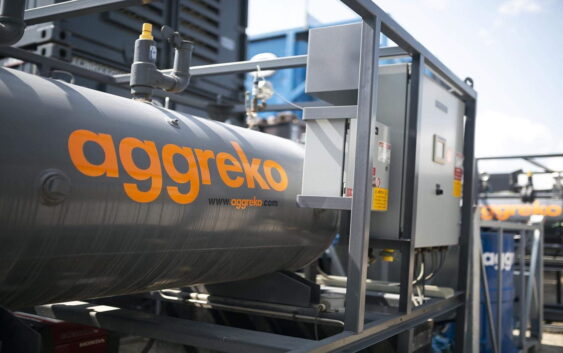IS AFRICA’S ENERGY SECTOR READY FOR MORE DATA CENTRES?

Being able to connect to the internet means opening up all the benefits and possibilities of developed countries to the people of Africa, including essentials like mobile banking, chat and video, and access to e-health and e-education – as a starting point.
It means that producers have more access to wider markets to sell their goods, that entrepreneurs have more access to financial services, and that governments can engage with and serve their citizens more effectively.
With the adoption of cloud technology in manufacturing, financial services, and healthcare, along with data protection regulations seeing a shift towards hosting data closer to where it is used and consumed, more and more companies are moving their data and processes to third-party data centres.
These are just some of the drivers of the economic growth that can shift the fortunes of vulnerable countries, and fast-track the growth of those that already making use of the immense opportunities offered by the online universe.
Creative energy solutions are essential
However, on a continent where mobile phone usage is more widespread than electricity in many areas, it is clear that alternative energy solutions need to be sought – particularly for the data centres that make everything online, possible.
The African continent currently has just 140,000 square meters of data centres – approximately the same amount as Switzerland. In population terms, that is the same amount of data centre space serving the European country’s 8,5 million people that serve Africa’s 1.26 billion people. This current capacity accounts for around 200MW, but the continent needs 1000MW – just for the foreseeable future.
Data centre companies have seen the opportunity for expansion on the continent, including NTTs first data centre in Africa currently being built at the Centralpoint Innovation District in Johannesburg, Teraco’s new hyperscale data centre in Ekurhuleni, and the Africa Data Centres’ planned facility in Lagos, Nigeria. That company also has a network of data centres in Johannesburg, Cape Town, Nairobi, Harare and Kigali. Having doubled in the four years to 2020, the continent’s data centre supply is expected to grow by another 25% in the next two years.
However, apart from the scarcity of electricity supply in many areas, the unreliability of local grids has long been seen as a deterrent for data centre development. There is an opportunity to address this though: the average cost of producing solar energy fell by 73% between 2010 and 2017 – and continues to fall – while onshore wind power production costs fell by 22% in the same time frame.
Effective energy solutions are on hand
Aggreko, a leader in mobile and modular power provision, has led multiple teams that are dedicated to bringing new and innovative technology to customers, placing innovation and technology at the heart of projects and planning for data centre businesses.
Aggreko supports data centres at every stage of their life cycle, from design and construction to commissioning and daily operations, as well as upgrades and any emergency responses. It provides temporary power and battery storage, as well as UPS support, as well as temperature control and testing for everything from server rooms to hyperscale data centres.
Its mobile and modular products are easy to scale up or down, as demand changes, helping data centres keep costs under control too.
The team’s focus on research and innovation has created products and services that offer a holistic approach to data centre energy management, whether it’s producing energy where there simply wasn’t any before, ensuring that all equipment complies with local regulations, making sure that no neighbours are affected by noise pollution, or keeping the data centre’s climate under perfect control – and dust-free.
Our hybrid solutions combine natural gas with battery storage, with intelligent battery storage even offering the potential to generate additional income.
Aggreko’s holistic approach of providing bespoke support to data centre clients through construction, decentralised energy, commissioning, maintenance, upgrades, and emergency response ensures that they benefit from better efficiency, power continuity, and measurable savings – all while contributing to growth on the African continent.

